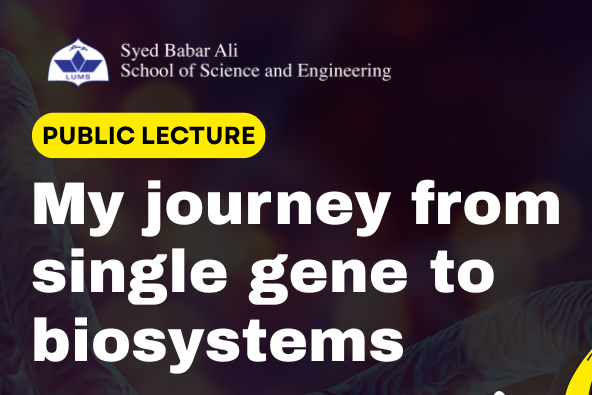
My journey from single gene to Biosystems
About the speaker:
Professor Dr. Renato Paro is an internationally renowned expert in epigenetics, whose pioneering research has significantly advanced our understanding of gene regulation, chromatin structure, and cellular memory mechanisms. One of his most notable contributions is the discovery of the Polycomb gene, the founding member of the Polycomb Group (PcG) genes, which are crucial for maintaining gene silencing during development. His research has demonstrated how these proteins can "remember" specific gene states through epigenetic mechanisms, a process essential for cell fate determination during development. His work has shed light on the dynamic nature of chromatin and how it can be modified to either activate or repress genes and their transgenerational inheritance. These findings have profound implications, not only for developmental biology but also for understanding cancer biology and genetic diseases linked to the dysregulation of epigenetic processes.
Professor Paro completed his Ph.D. with Prof. Dr. Walter Gehring at the Biozentrum of the University of Basel, after which he conducted postdoctoral research with Prof. Dr. David S. Hogness at the Stanford University. He then continued his career at the Zentrum für Molekulare Biologie der Universität Heidelberg (ZMBH) in Germany. In 2000, he became a Full Professor and a member of the directorate, serving as Director of ZMBH between 2001 and 2004. In 2006, he became the Founding Director of the Center for Biosystems Science and Engineering at ETH Zurich in Basel, as well as a Professor of Biosystems at the University of Basel. Between 2007 and 2008, he served as Chair of the new Department of Biosystems Science and Engineering (D-BSSE). Over the years, Professor Paro has received numerous prestigious awards in recognition of his groundbreaking research. His work continues to inspire generations of scientists worldwide, shaping the field of epigenetics and deepening our understanding of the molecular mechanisms underpinning development, disease, and inheritance.

